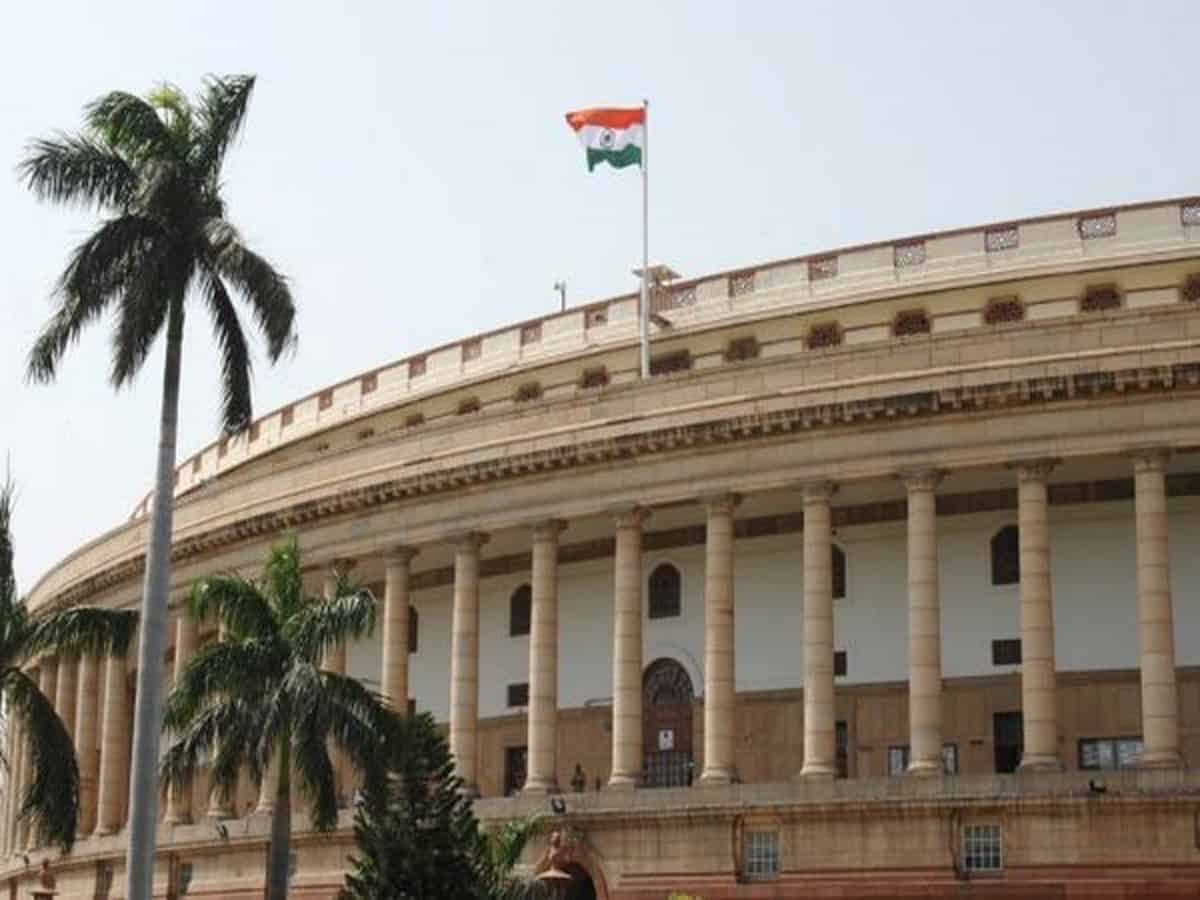
New Delhi: The Lok Sabha on Monday passed a bill to make special provisions for the repression of piracy on high seas after adopting a series of amendments including one that added provision of life imprisonment along with that of death penalty for those convicted of the crime.
Accepting the demand from members, External Affairs Minister S Jaishankar also moved an amendment to change the name of the legislation from ‘The Anti-Maritime Piracy Act’ to ‘The Maritime Anti-Piracy Act’ and insert provision to apply to high seas which includes exclusive economic zone (EEZ) and all waters beyond the jurisdiction of any country other than India.
“The concern that there will be a mandatory death sentence is no longer relevant in view of the government amendment which actually provides for death penalty or life imprisonment, depending upon the nature of the circumstances,” the minister said.
He said the amendment was in keeping with the Supreme Court pronouncement which states that the death penalty should be the rarest of the rare case.
“We have also kept in mind regarding extradition. Many countries will not extradite if there is a death penalty. So, that flexibility is also there,” Jaishankar said.
The minister said India has been a party to the United Nations Convention on the Law of the Sea since it was ratified in 1995.
The debate also generated some heat when DMK member T R Baalu objected to Jaishankar’s reference to the Katchatheevu issue, by pointing out that the agreement was reached during the tenure of the previous government of which the DMK was a constituent.
“The minister has passed the bucket to the Congress. Whether it is Congress, BJP or any government for that matter, this matter is not a settled one. Katchatheevu geography belongs to Raja of Ramnad who was a king of Tamil Nadu at that time,” Baalu said.
Various amendments moved by opposition members were negated and the bill was passed by a voice vote.
The Anti-Maritime Piracy Bill was brought in 2019. After undergoing scrutiny of a parliamentary panel, the government moved amendments in the Monsoon session of Parliament.
The measure was finally passed on Monday.



